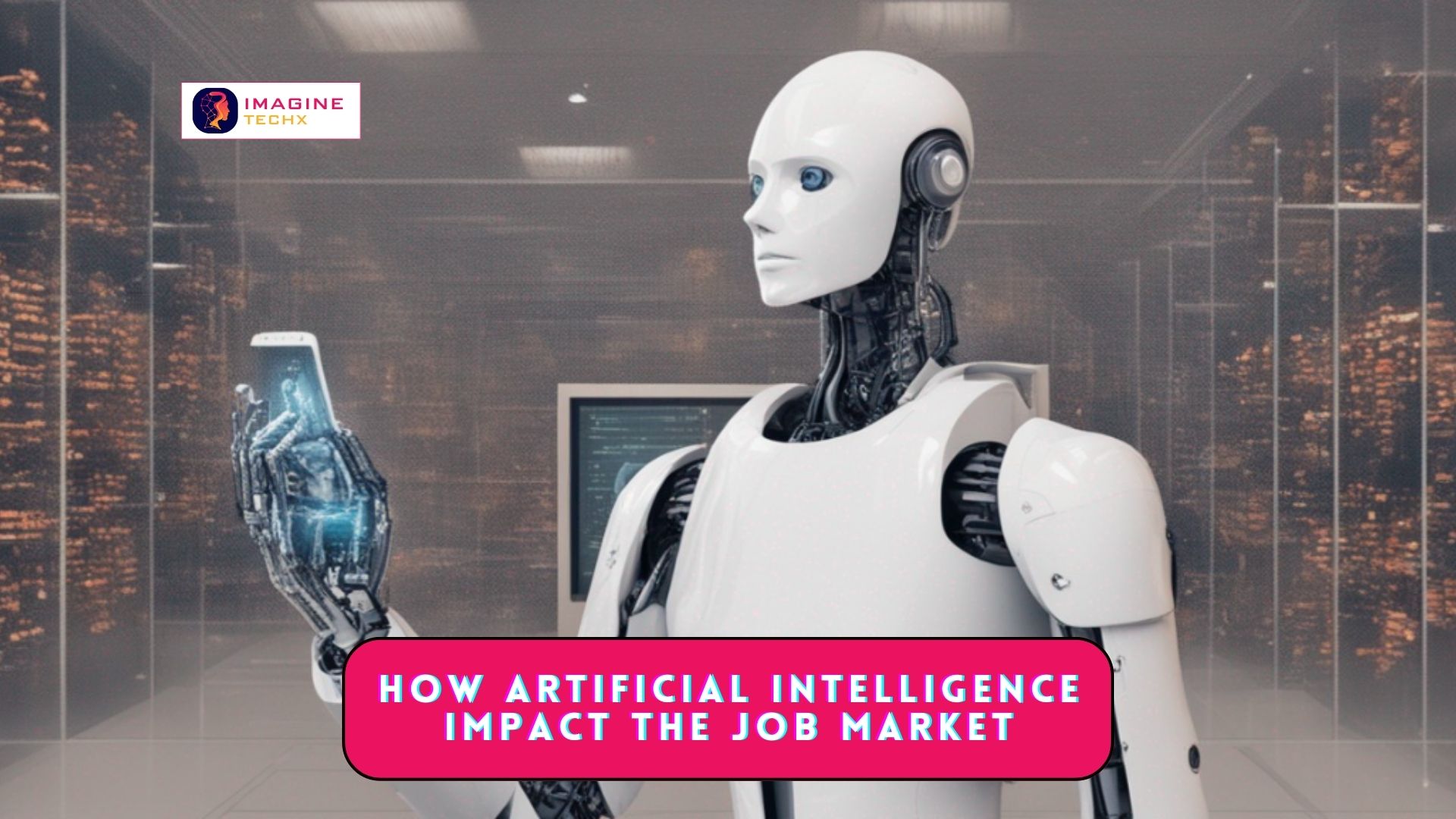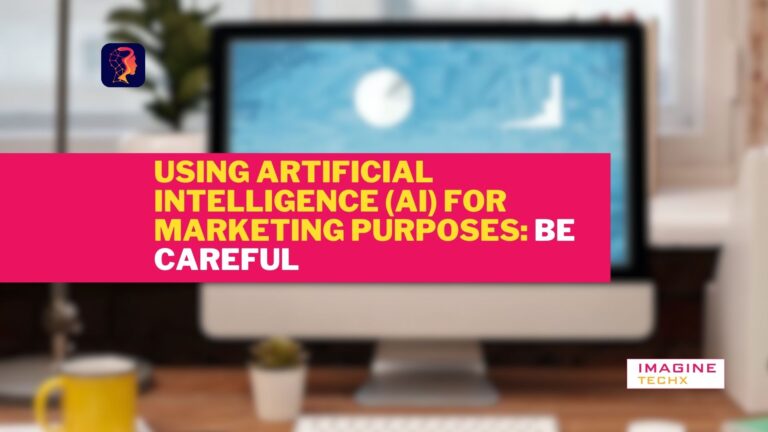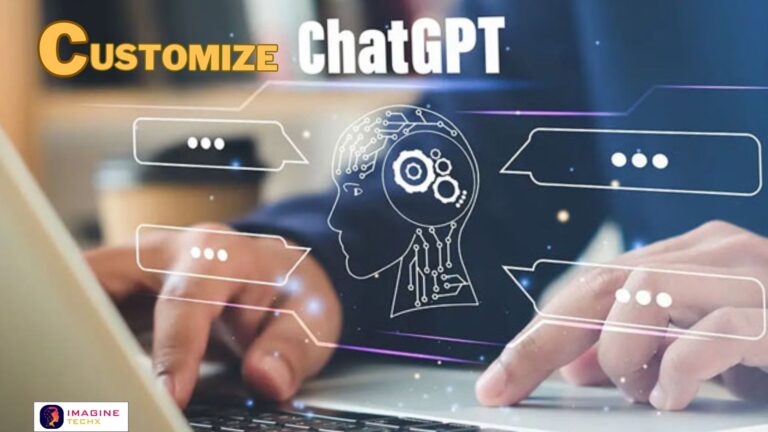How Artificial Intelligence Impact the Job Market in 2023
 Introduction:
Introduction:
Artificial Intelligence continues to evolve at an astonishing pace, and its impact on the job market is becoming increasingly profound. In this blog, we will explore how AI is reshaping the landscape of employment, presenting both challenges and exciting opportunities.
Artificial Intelligence as an Assistant, Not a Replacement:
Contrary to the notion that AI will replace humans, it has the potential to enhance human capabilities. AI-driven tools can assist professionals in making data-driven decisions, improving accuracy, and speeding up processes. This collaborative relationship between humans and AI fosters increased creativity, innovation, and productivity across various sectors.
Automation Revolution:
One of the most apparent effects of AI on the job market is automation. Tasks that were once carried out by humans are now efficiently handled by AI-driven systems. Industries ranging from manufacturing to customer service have witnessed a significant shift towards automation. While this has led to increased productivity and cost-efficiency for businesses, it has raised concerns about job displacement.
You Can Read This Post Also:
Using (AI) Artificial Intelligence for Marketing Purposes: Be careful
Skills for the Future:
The rise of AI has also given birth to a demand for new skills. To remain competitive in the job market, individuals need to acquire skills related to AI development, maintenance, and oversight. Professions such as AI programming, machine learning engineering, and data analysis are in high demand. Upskilling has become a necessity for those looking to thrive in the evolving job market.
The Fear of Job Displacement:
The fear of losing jobs to automation is legitimate. Repetitive tasks, such as data entry and certain aspects of manufacturing, are particularly vulnerable to AI takeover. This displacement underscores the importance of striking a balance between human workers and AI-driven systems. To address this challenge, governments and organizations must invest in programs that facilitate reskilling and upskilling for affected workers.
Upskilling: A Path to Relevance
The key to remaining relevant in the AI-driven job market is upskilling. Workers must adapt to the changing landscape by acquiring new skills that are in demand. Initiatives like online courses, vocational training, and apprenticeships can help individuals transition into AI-related roles. By investing in their education and skill development, workers can stay ahead of the curve.
Artificial Intelligence-Related Professions on the Rise:
While AI may replace certain jobs, it also creates new opportunities. The development, implementation, and maintenance of AI technologies require a skilled workforce. Careers related to AI programming, machine learning engineering, data analysis, and AI ethics consultation are experiencing significant growth. These professions offer exciting prospects for those interested in the intersection of technology and human expertise.
Fostering New Industries:
AI’s integration into various sectors has given rise to entirely new industries and roles. Fields such as AI-driven healthcare, autonomous vehicles, and predictive analytics are booming. These emerging industries not only stimulate economic growth but also diversify the job market. They provide opportunities for professionals to pioneer new frontiers in technology and innovation.
Boosting Creativity and Innovation:
The synergy between humans and AI fosters an environment ripe for creativity and innovation. By automating repetitive tasks, AI allows humans to focus on higher-order thinking, problem-solving, and innovation. This shift in job roles encourages individuals to harness their creative potential and explore new horizons.
Balancing Privacy and Progress:
The rapid advancement of AI has raised ethical concerns. Issues related to privacy, bias in AI algorithms, and potential job discrimination based on AI-based hiring systems need careful consideration. Responsible AI development and deployment, coupled with robust regulatory frameworks, are vital to ensure that AI benefits everyone without exacerbating existing societal disparities.
Conclusion: Embracing the Artificial Intelligence-Augmented Workforce
The impact of AI on the job market is undeniable. While AI-driven automation may change the nature of certain job roles, it simultaneously opens up avenues for new job opportunities that require specialized skills. The transition to an AI-augmented workforce calls for proactive measures such as upskilling, ethical AI development, and embracing collaborative human-AI interactions. The key lies in harnessing AI’s potential to complement human capabilities, creating a future where technology and human ingenuity thrive harmoniously. AI is not a threat to employment; rather, it’s a catalyst for progress and innovation in the job market, paving the way for a brighter and more technologically advanced future.






